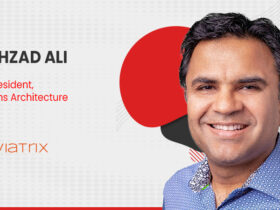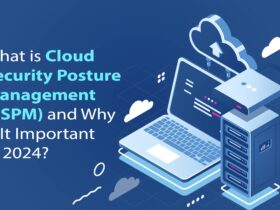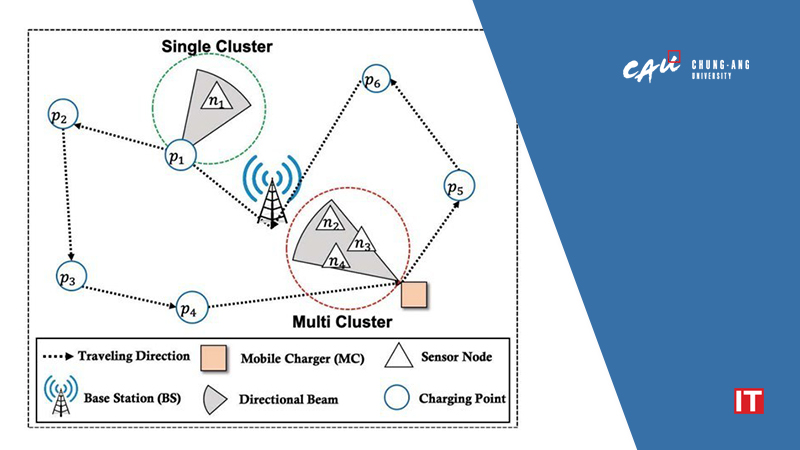Smart factories, vehicles, and cities increasingly use wireless rechargeable sensor networks (WRSNs) for communication. A distinct advantage of WRSNs is that they can be placed in remote, inaccessible, or even biologically or chemically contaminated areas for communication, surveillance, and reconnaissance in military and environmental applications. However, the potential of these WRSNs is restricted by their reliance on limited energy sources like batteries, which can impede their smooth functioning.
The primary challenge of WRSNs is to effectively charge and maintain the batteries of the sensors in the network. The charging efficiency plummets as the charging distance increases. Therefore, single charging is more energy-efficient than multicharging as it can charge a sensor node at a closer range. However, when multiple nodes are present, multicharging may achieve higher efficiency.
Also Read: Clearwater Analytics Wins WatersTechnology Buy-Side Technology Award
This motivated a team of researchers led by Professor Sungrae Cho, from the School of Computer Science and Engineering, Chung-Ang University, to optimize mobile charging of sensors efficiently through wireless power transmission technology. As Prof. Cho states, “The wireless power transmission using a mobile charger was designed to be an efficient method, but if a directional antenna was not used, this method was power inefficient. Therefore, I started researching to see if there is an efficient way to use it.”
In a recent article published in IEEE Internet of Things Journal, the researchers developed an energy-efficient adaptive directional charging (EEADC) algorithm that considers the density of sensor nodes to adaptively choose single charging or multicharging. As EEADC dynamically determines the charging strategy based on the charging efficiency, the researchers achieved equal or better charging efficiency than single charging and simultaneously reduced energy waste due to overuse of multicharging.
This article was made available online on 6 April 2022 and was published in Volume 9 Issue 19 of the journal on 1 October 2022.

































